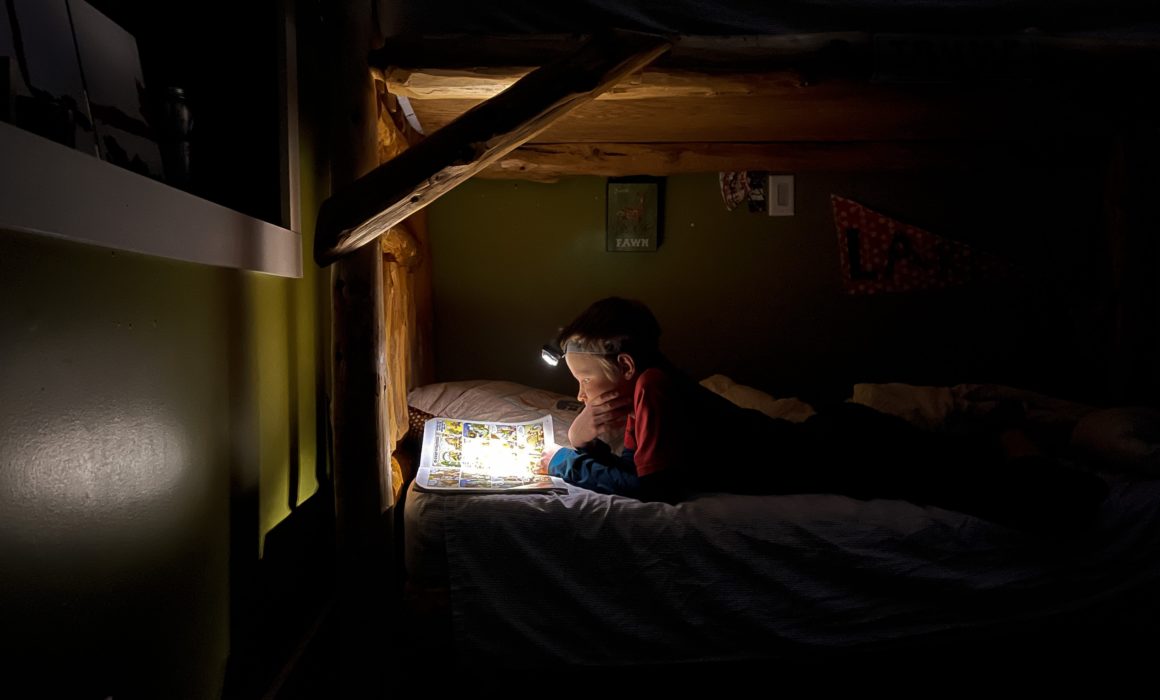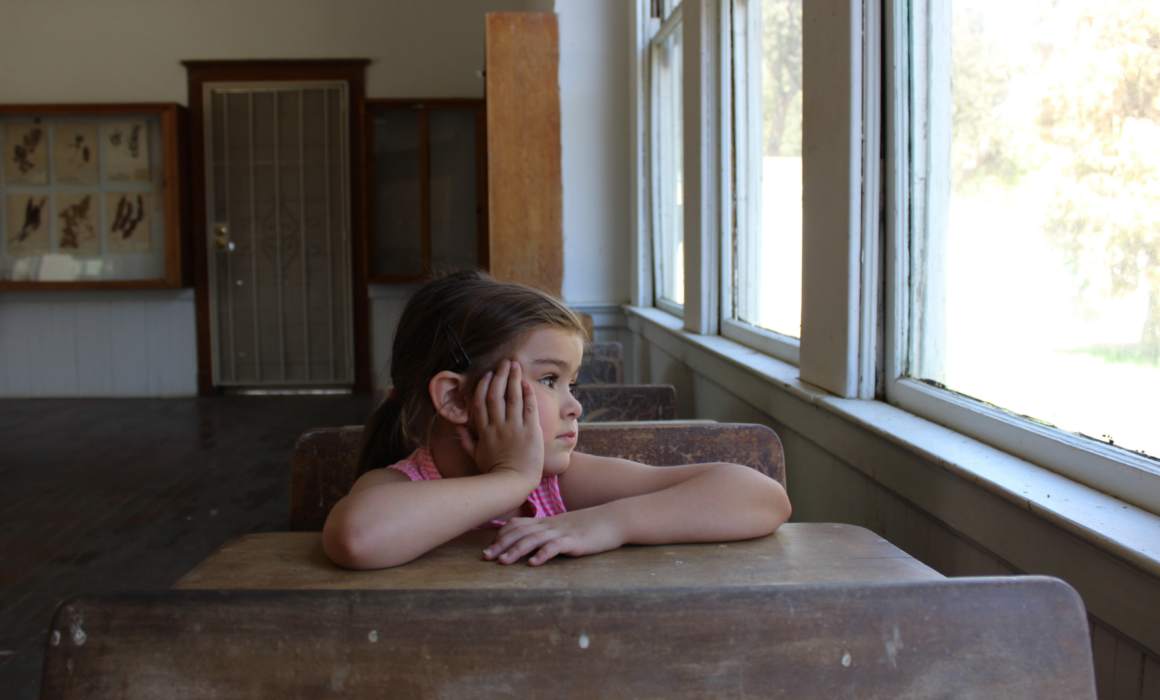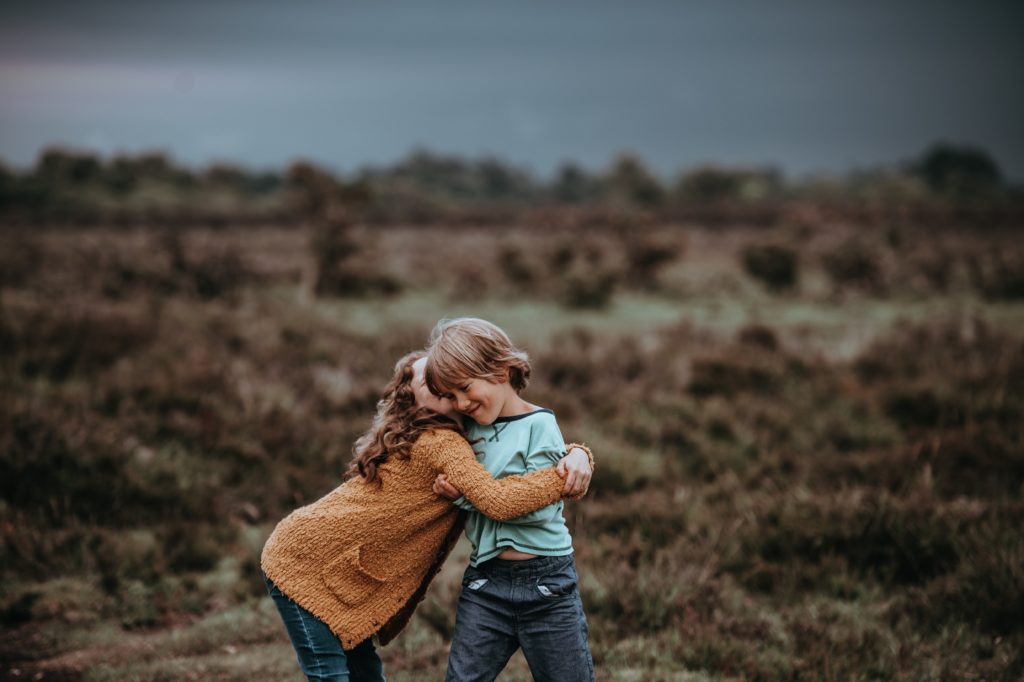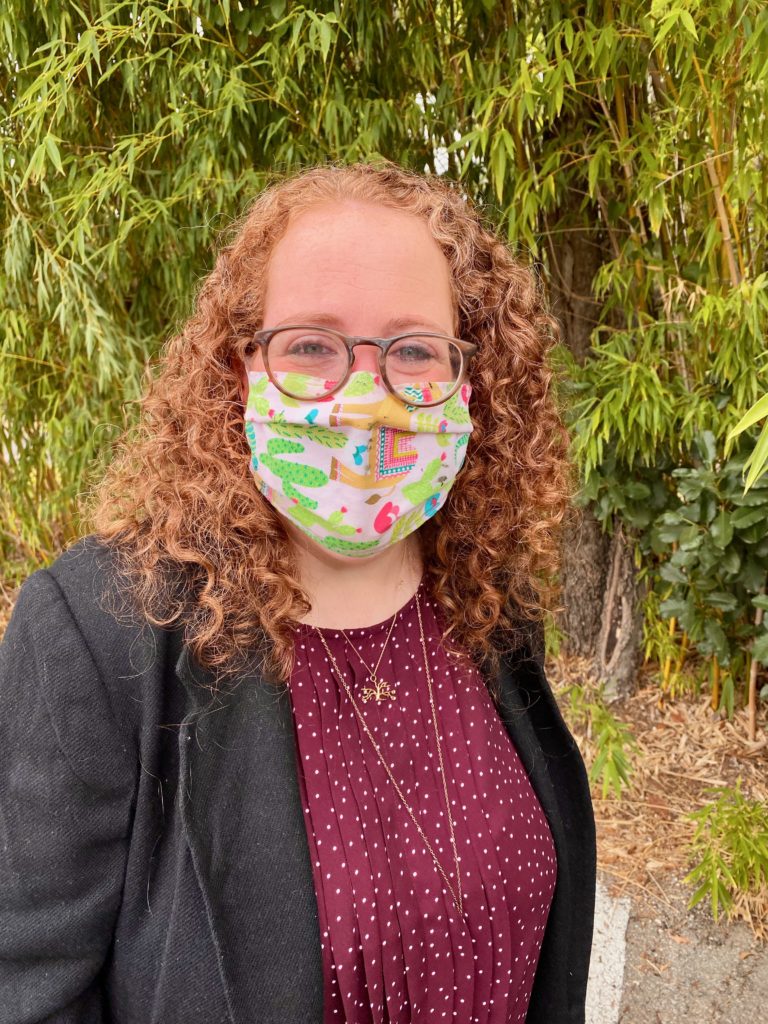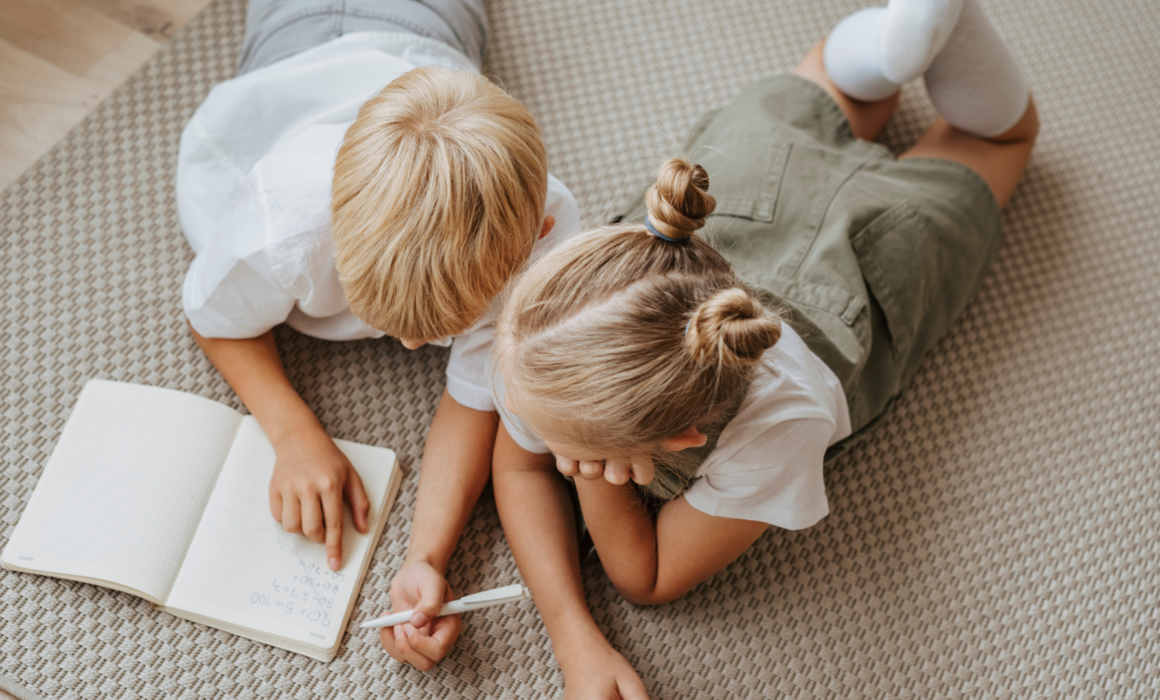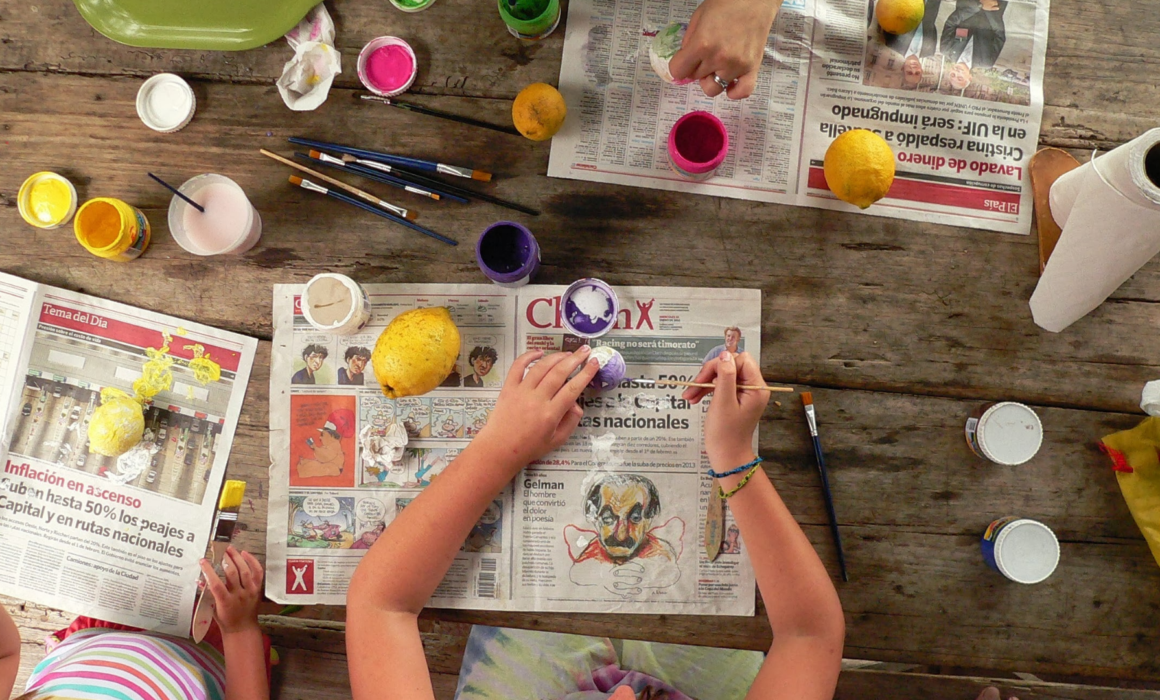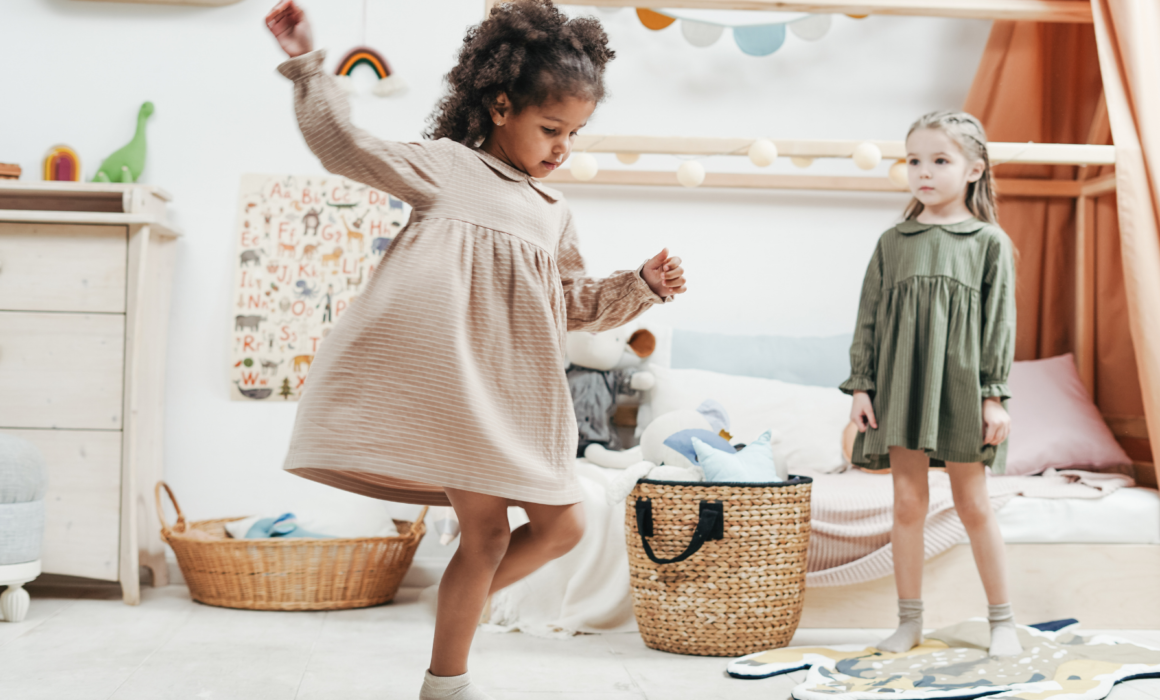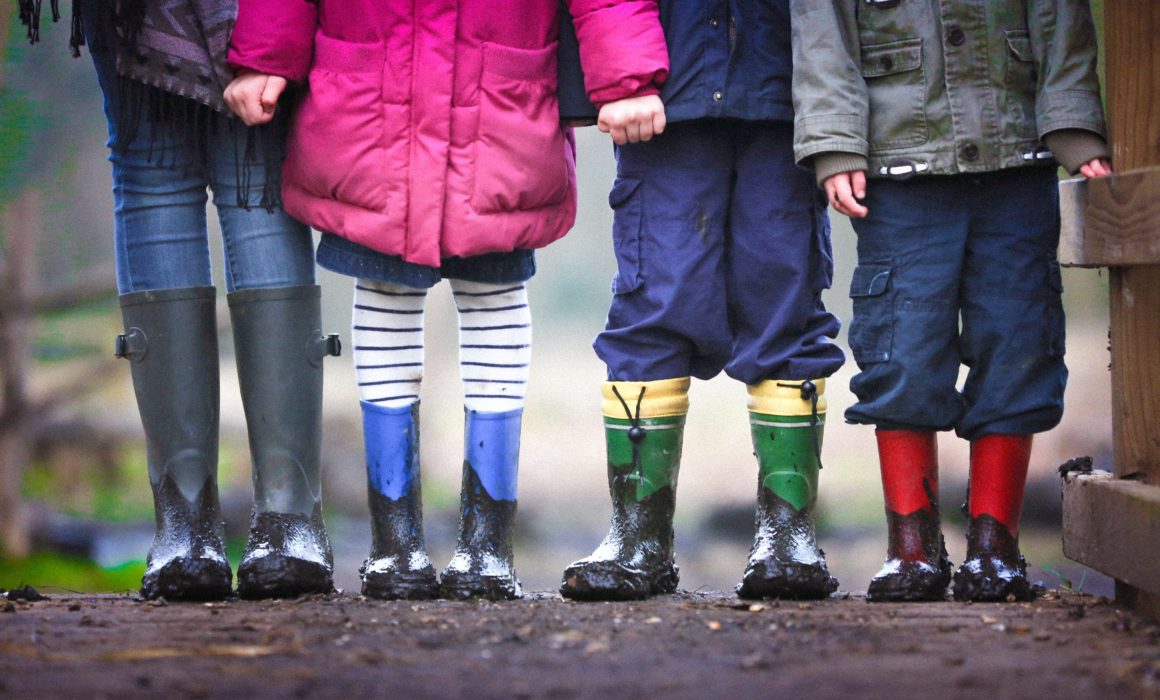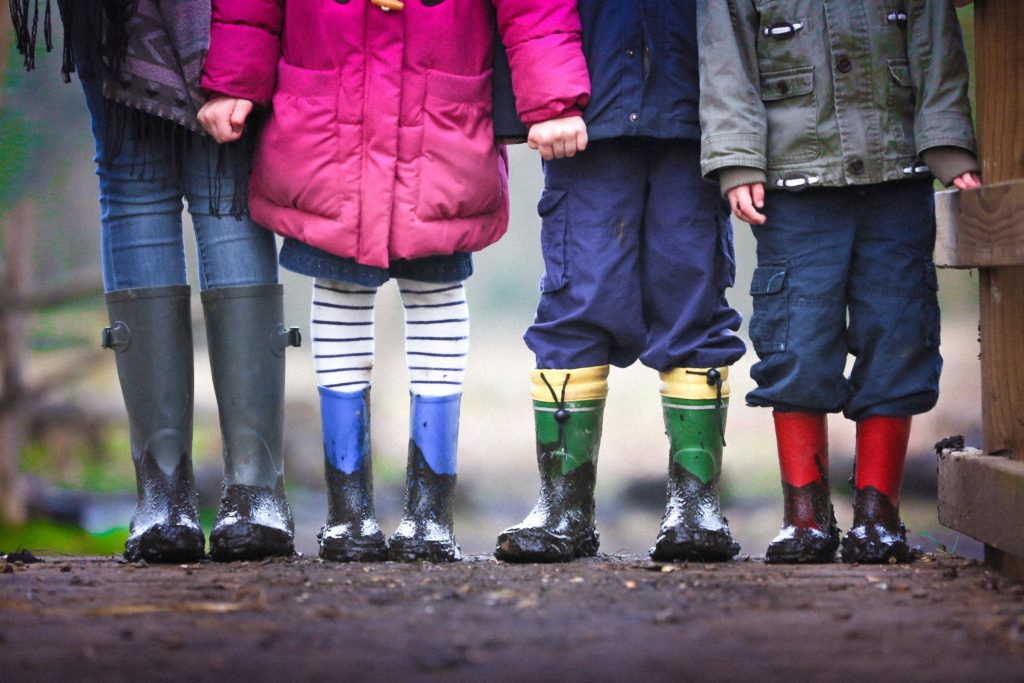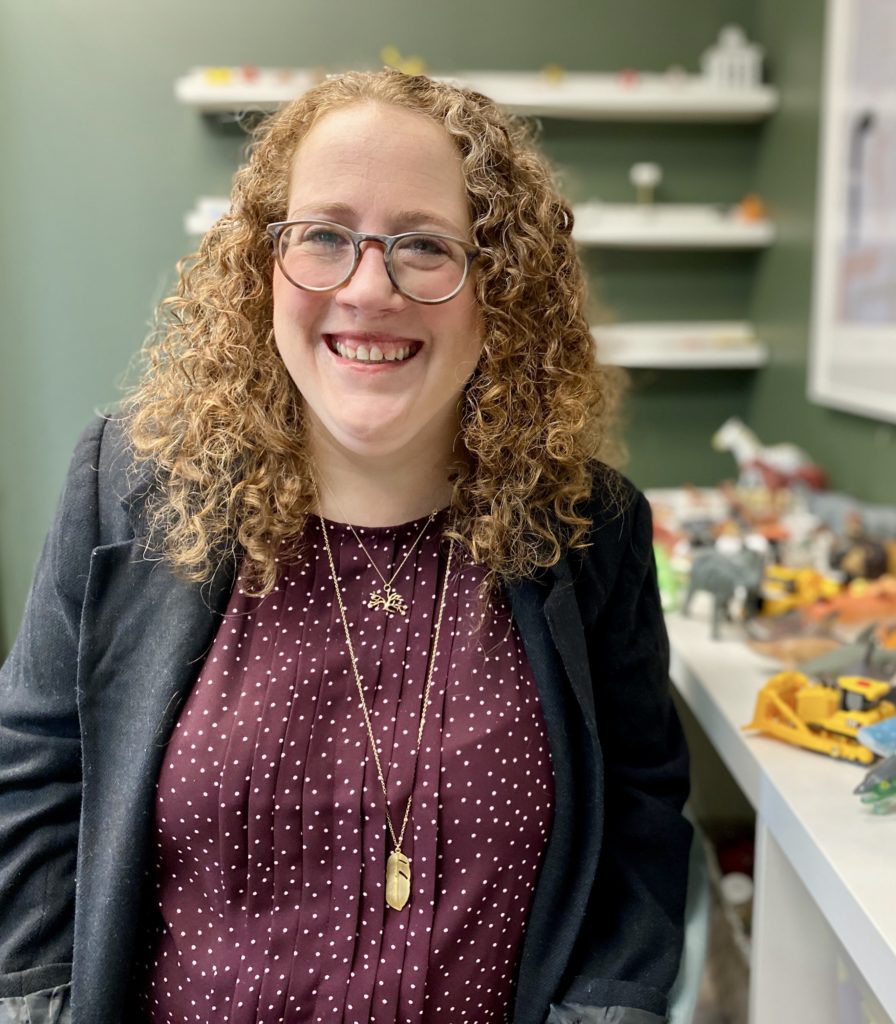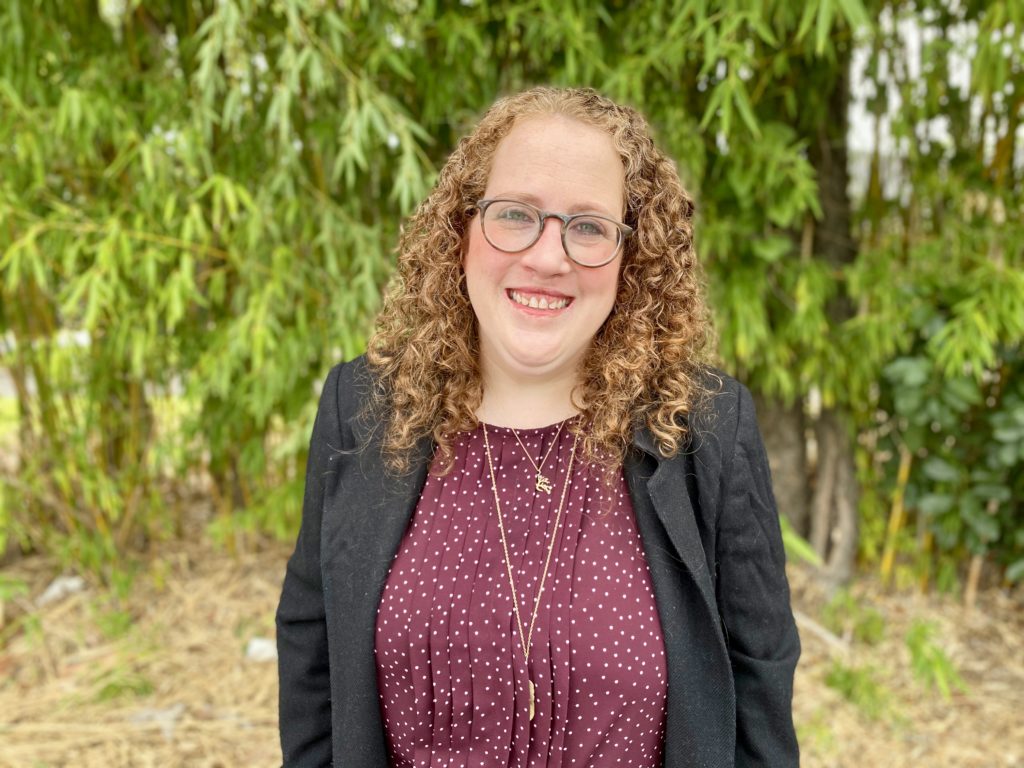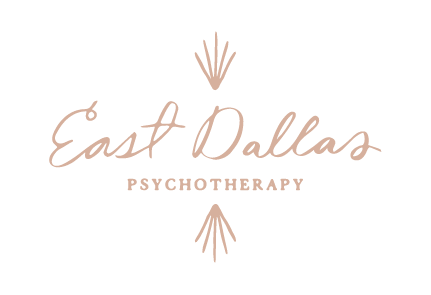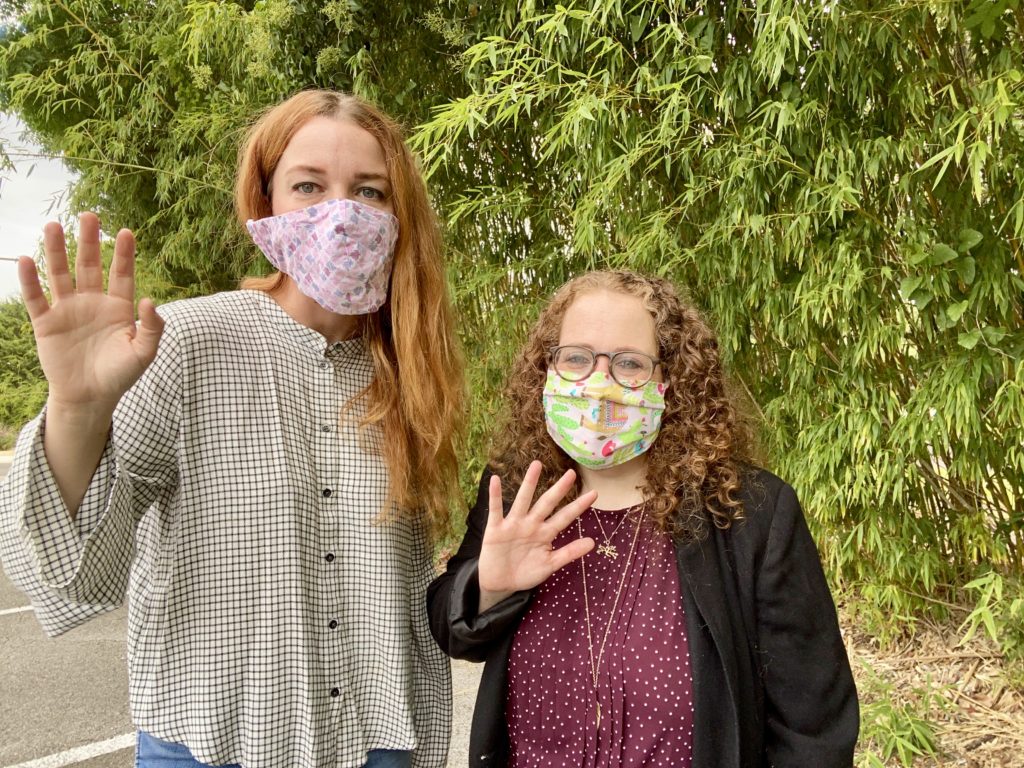Are You in a Drama Triangle?
After growing up in a highly dysfunctional household, you may find yourself repeatedly engaging in the same relationship patterns later in life without knowing how you got there.
Dr. Stephen Karpman devised a simple way to understand how these kinds of relationships typically work. He calls it the “Drama Triangle.”
The Drama Triangle consists of 3 roles that each relate dysfunctionally to each other:
1. The Perpetrator:
- Believes they have all the power and control
- Bullies and blames to get what they want
- is aggressive/passive-aggressive
- Scapegoats the Victim and ropes the Rescuer into covering for them
2. The Victim:
- Believes they have no control
- Gives up on making their own choices
- Feels worthless and helpless
- Feels powerless against the Perpetrator and dependent on the Rescuer
3. The Rescuer:
- Focuses only on others’ needs
- Ignores their own needs
- Tries to control how others feel
- enables the Victim and makes excuses for the Perpetrator
Different family members will usually gravitate toward one or two of the roles, but over time the roles can start to flip around too. For example, the rescuer in the family may get so burnt out trying to help the family victim, that they start to feel victimized themselves, and begin to view the victim as a perpetrator.
Or the victim may begin to see the rescuer as a perpetrator if the rescuer gets too drained, leaving the victim feeling abandoned. Sometimes the perpetrator may also play the victim role to try to get someone else to rescue them from the consequences of their own actions.
What do all three roles have in common? Everyone on the triangle neglects to take responsibility for their own emotions. The perpetrator blames others, the victim waits to be rescued, and the rescuer focuses on saving others from their emotions instead of acknowledging their own.
Unless someone else is around to consistently model healthy relationship roles, kids born into highly dysfunctional families can grow up to assume all relationships follow this same unhealthy pattern. Then when they encounter similar relationships as an adult, they easily fall back into old familiar roles. It feels normal. When you don’t know what healthy roles look like, it’s also possible to accidentally assume someone is being a perpetrator, victim, or rescuer when they’re actually relating in a healthy way.
In a future post, I’ll talk about what healthy relationship patterns look like in comparison to the Drama Triangle. Stay tuned!
You can check out this quiz if you’re curious to see which role you fall into most: https://cdn.website-editor.net/848c74c539684751972b4649bf55aae7/files/uploaded/Drama%2520triangle%2520quiz.pdf




